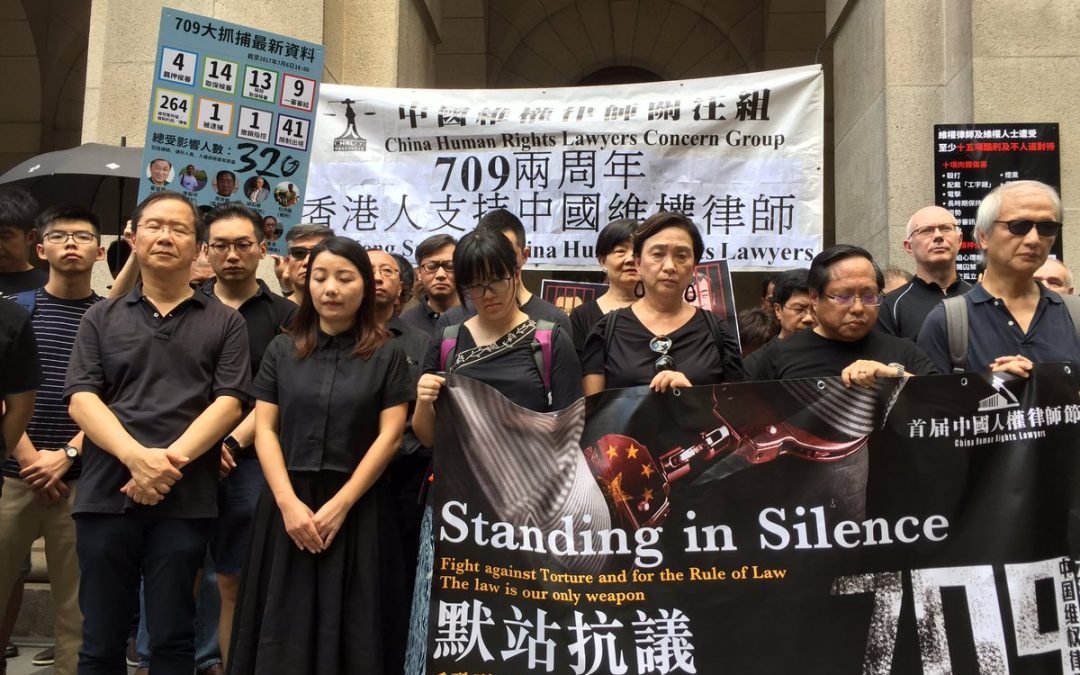
China: Statement by the Spokesperson on the 5th anniversary of the “709 crackdown” on human rights lawyers and defenders
China: Statement by the Spokesperson on the 5th anniversary of the “709 crackdown” on human rights lawyers and defenders

China: Statement by the Spokesperson on the 5th anniversary of the “709 crackdown” on human rights lawyers and defenders
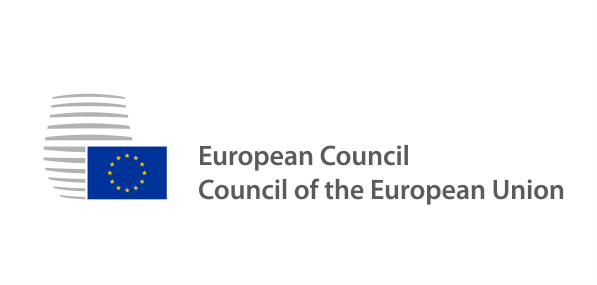
Declaration of the High Representative on behalf of the European Union on the adoption by China’s National People’s Congress of a National Security Legislation on Hong Kong.

IPAC releases report on sterilisation of Muslim minorities in China; commits to political action
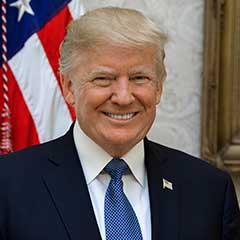
America and the Worldwide Religious Freedom
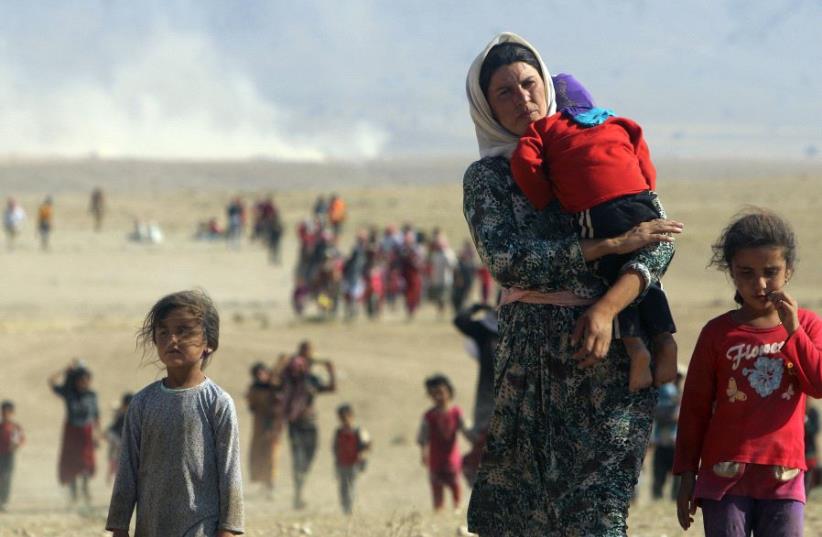
Turkey again bombed Sinjar, Iraq in a targeted and intended strike against the Yazidi’s. In one night Turkey bombed the survivors of a genocide 8 times. It is likely that a hospital was deliberately hit
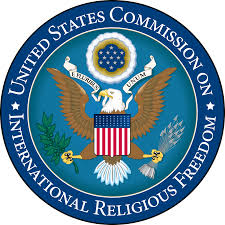
USCIRF Condemns Arrest of Ahmadi Muslim on Blasphemy Charges in Pakistan
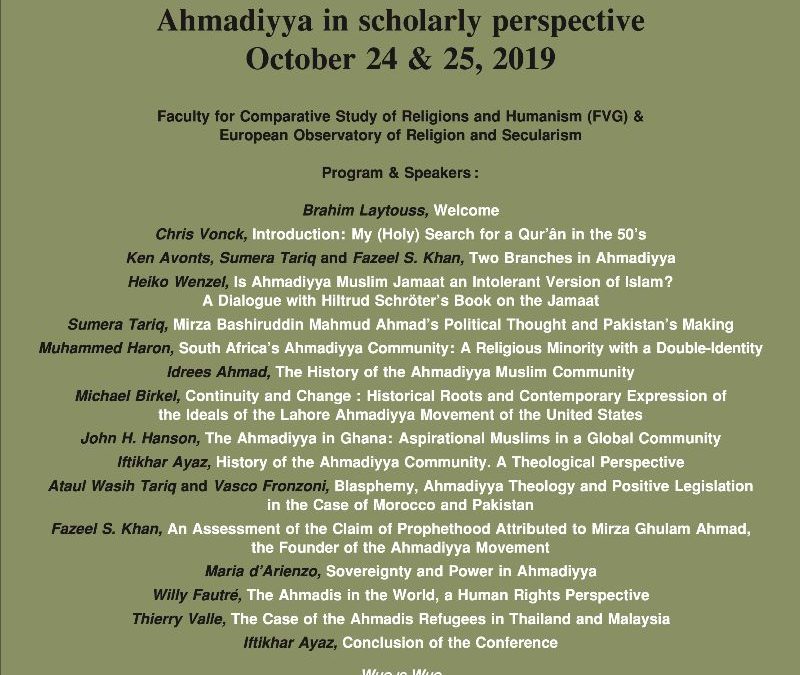
AHMADIYYA IN SCHOLARLY PERSPECTIVE
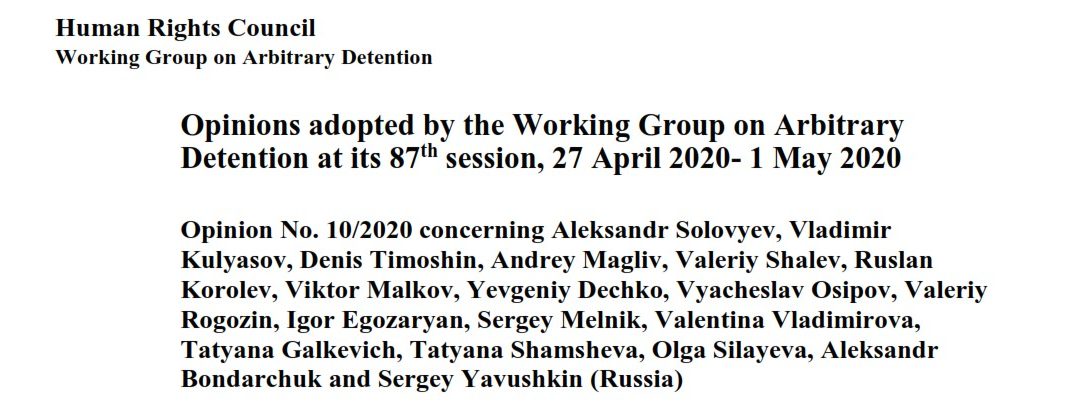
UN Working Group on Arbitrary Detention condemns detentions and trials